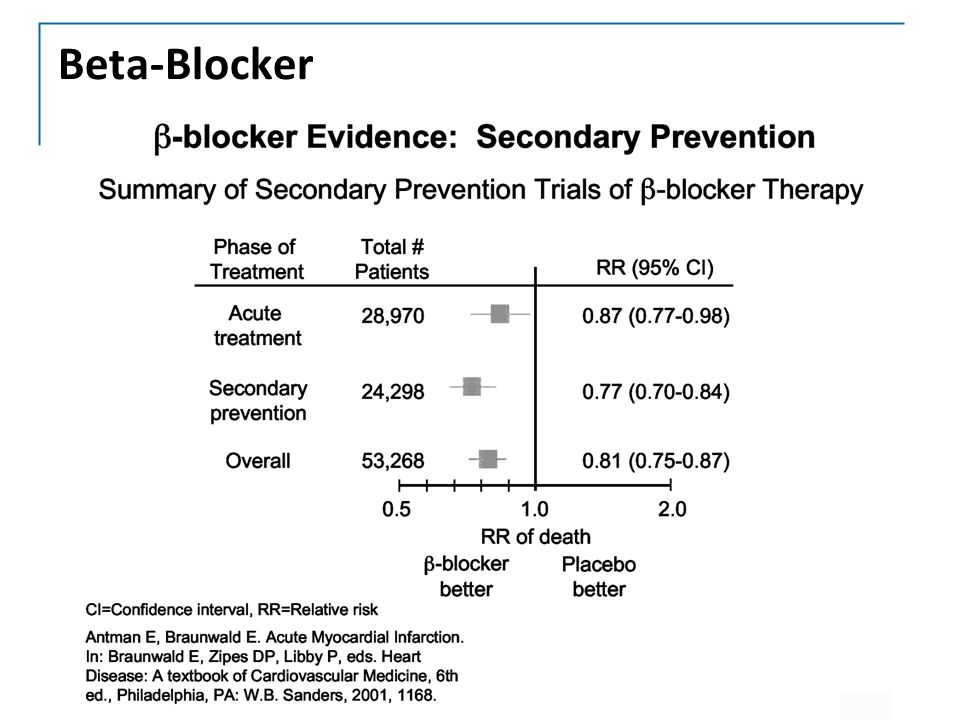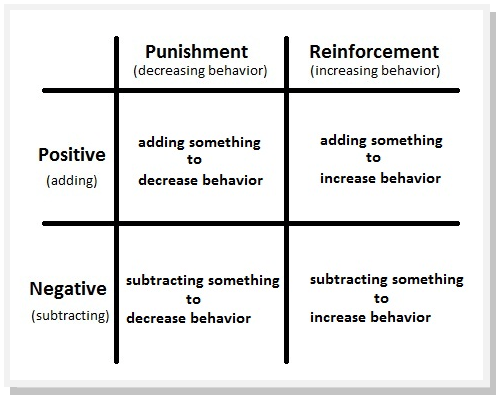How to handle gaslighting
8 Ways to Deal with Gaslighting
Do any of the following phrases sound familiar?
- “You must be going crazy. That’s not what happened.”
- “You don’t know what you’re talking about.”
- “You’re imagining things.”
- “No need to be so sensitive. I was only joking.”
If someone in your life often says things like this to you, you may be experiencing gaslighting.
Gaslighting refers to intentional attempts to manipulate you into doubting your feelings, perception of events, and reality in general. Someone trying to gaslight you typically wants to confuse you and make you doubt yourself to make it more likely you’ll go along with what they want.
Gaslighting examples
- Trivializing. They minimize your feelings, suggest your emotions don’t matter, or accuse you of overreacting.
- Countering. They question your memory, make up new details, or deny that something happened. They might blame you for the situation instead.
- Withholding. They brush off your attempts to have a discussion or accuse you of trying to confuse them.
- Diversion. When you bring up a concern about their behavior, they change the subject or turn it back on you by suggesting you’re making it up.
- Forgetting or denying. When you mention a specific event or something they said, they might say they can’t remember or tell you it never happened at all.
- Discrediting. They suggest to other people that you can’t remember things correctly, get confused easily, or make things up. This can threaten your career when it happens at work.
Although emotionally abusive partners and family members commonly use this tactic, gaslighting can also show up in friendships or the workplace. Left unchecked, it can have a serious impact on your mental health, productivity at work, and other relationships.
Here are eight tips for responding and taking back control.
Gaslighting isn’t always easy to recognize, especially since it often starts small, and other behaviors can sometimes seem similar.
True gaslighting develops into a repeated pattern of manipulation. The person gaslighting you generally wants you to doubt yourself and depend on their version of reality.
So, someone who offers a different opinion than yours, even in a rude or critical way, isn’t necessarily gaslighting.
People sometimes feel convinced of their own knowledge and insist they’re right, even when evidence suggests otherwise. Insisting “You’re wrong! I know what I’m talking about” isn’t necessarily polite, but it’s generally not gaslighting if they aren’t trying to manipulate you.
People can also gaslight unintentionally. “I don’t have time to listen to this” or “Don’t you think you’re overreacting?” may not be helpful responses, but they don’t always mean the other person wants to manipulate you.
When considering whether someone is trying to gaslight you, take stock of your feelings, not just their actions.
How do you feel?
Gaslighting often leads you to:
- doubt and question yourself
- wonder constantly whether you’re too sensitive
- apologize frequently
- have difficulty with decision making
- feel generally unhappy, confused, and not like your usual self
- avoid loved ones since you don’t know how to explain what’s going on
It’s understandable to experience a lot of strong emotions when dealing with gaslighting.
Anger, frustration, worry, sadness, fear — these feelings, and any others, are all completely valid, but try not to let them guide your immediate reaction. Remaining calm can help you handle the situation more effectively.
You might want to deny what the person trying to gaslight you has said — after all, it’s completely untrue. But they may not back down, and your distress can encourage them to keep trying to manipulate you.
Keeping calm can also help you focus on the truth, making it less likely that their (false) version of events will sway your confidence and faith in yourself.
To get some physical space, suggest taking a break and revisiting the topic later. Going for a walk or stepping outside briefly can help you clear your mind and refocus.
If you can’t physically leave, try instead:
- breathing exercises
- grounding yourself with a photo, object, or visualization exercise
- slowly counting to 10
- repeating an affirming mantra
Documenting your interactions with someone trying to gaslight you can help you keep track of what’s really happening. When they deny a conversation or event took place, you can go back and check the truth for yourself.
Here are a few ideas:
- Save or take screenshots of texts and emails.
- Take photos of any damaged property.
- Note dates and times of conversations.
- Summarize your conversations, with direct quotes when possible.
- Use your phone to record conversations. Laws in your area may prevent you from using these recordings if you need to seek legal assistance, but you can inform others about the situation.

It’s not always safe to confront abuse in person. But having proof can go a long way toward restoring your peace of mind and supporting your emotional well-being.
When you know the truth, you won’t question or doubt yourself. This alone can help boost confidence and make it easier to handle the gaslighting going forward.
You can also use your notes as evidence for workplace gaslighting. Just make sure to keep your notes on paper or your personal phone since your company may have access to work devices. Store them in a safe place or keep them with you when possible.
While collecting evidence, be sure to set boundaries and practice self-care so as not to overwhelm or increase anxiety. This may be especially true if you’re highly anxious, as documenting gaslighting may lead to rumination, and this behavior could increase feelings of anxiety.
Gaslighting works because it confuses you and shakes your confidence. If you show that the behavior doesn’t bother you, the person trying to gaslight you may decide it isn’t worth it.
In addition to lies and misdirection, gaslighting often involves criticism and insults. Calling these out — calmly and assertively — shows them you won’t accept the behavior. Don’t be afraid to speak up, since making others aware of the situation gives them more incentive to leave you alone.
They may try to disguise insults as jokes, backhanded compliments, or say “I’m only trying to help.” Asking them to explain the joke as if you don’t understand may help them realize these strategies won’t work on you.
Say a co-worker in your department makes a flippant remark implying you don’t do your fair share of work. You might respond with, “Actually, I’ve completed the tasks for this week already. We can review those now if you like.”
Everyone remembers things a little differently than how they happened on occasion, and you might wonder, “What if it did happen the way they said?”
But don’t give in to the urge to question yourself — they want you to doubt reality.
Misremembering typically involves small details, such as the color of someone’s shirt or the other people in the room. Your brain typically doesn’t fabricate entire memories. If you remember something clearly and they flat out deny your memory, that’s gaslighting.
You know what happened, so repeat it calmly with confidence. Showing them any proof you have could help encourage them to back down. But it may not have an impact.
If they continue challenging you, don’t get drawn into conflict. Arguing can lead to further tension and put you in a position where you’re more vulnerable to manipulation. By refusing to argue, you protect yourself and maintain control over the situation.
You might say something like, “It seems we remember things differently, but I don’t want to argue about it.” Avoid further discussion by changing the subject or leaving the room.
Taking care of your physical and emotional needs probably won’t do anything to directly address the gaslighting, but good self-care can still make a difference by improving your state of mind.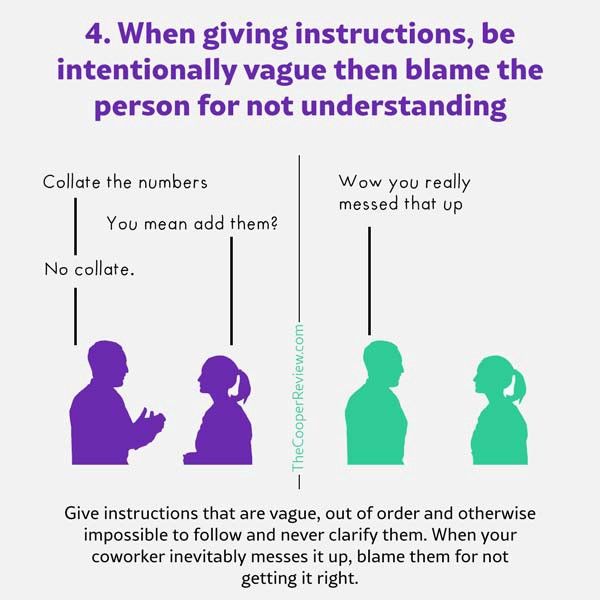 A gaslighter may try to make you feel undeserving of self-care, or label practices as lazy, or indulgent. However, it is important to maintain self-care habits despite this.
A gaslighter may try to make you feel undeserving of self-care, or label practices as lazy, or indulgent. However, it is important to maintain self-care habits despite this.
Worries about gaslighting and its potential impact on your job or relationships can creep into all areas of your life, making it tough to find any pleasure in even your favorite things.
But dedicating time to relaxation and wellness practices can improve your physical and mental health, helping you feel stronger and more capable of facing challenges in your daily life.
Try these strategies to improve well-being:
- Spend time with friends and family.
- Incorporate positive self-talk into your daily life. To counter gaslighting tactics, for example, you might build yourself up by reminding yourself of your accomplishments and strengths.
- Practice daily affirmations.
- Make time for hobbies.
- Try meditation or yoga.
- Keep a journal to help sort through emotions.

Physical activity can also help. It’s good for physical health, for one. But exercise can also serve as an outlet for tension and distress. A long run or intense workout class may help drain some of the upsetting emotions that come up in response to gaslighting.
Exercise can also help you get better sleep, so if worries over gaslighting have started to interfere with your rest, regular activity can have some benefits here, too.
You might worry talking to other people about the situation will lead to drama. But when dealing with gaslighting, it’s important to get insight and support from people you trust. Seeking input from different people in your life can help reinforce your knowledge that you aren’t confused, “crazy,” or losing your memory.
Your support network might feel upset on your behalf, but they still have some emotional distance from the situation since they aren’t directly involved. This makes it easier for them to offer an unbiased perspective, along with calm guidance and support.

When ongoing gaslighting happens at work or in other social situations, avoid meeting with the person alone when possible. It’s best to limit your contact, but if you have to meet with them, bring along someone neutral and trustworthy or ask them to listen in on the conversation.
Remember, you’re not pulling them in to take sides. You simply want them to observe what’s happening. Someone trying to use gaslighting tactics will typically have a harder time manipulating more than one person.
Gaslighting can sometimes become serious, even abusive. This doesn’t mean you’ve done anything wrong — emotional abuse is often difficult to confront.
Talking with a therapist is always a good first step. Directories like Healthline’s find a therapist tool can help you start your search for local counseling resources.
Find help now
If you’re dealing with gaslighting from a partner or family member, the National Domestic Violence Hotline provides free, confidential telephone and chat support 24 hours a day, 7 days a week.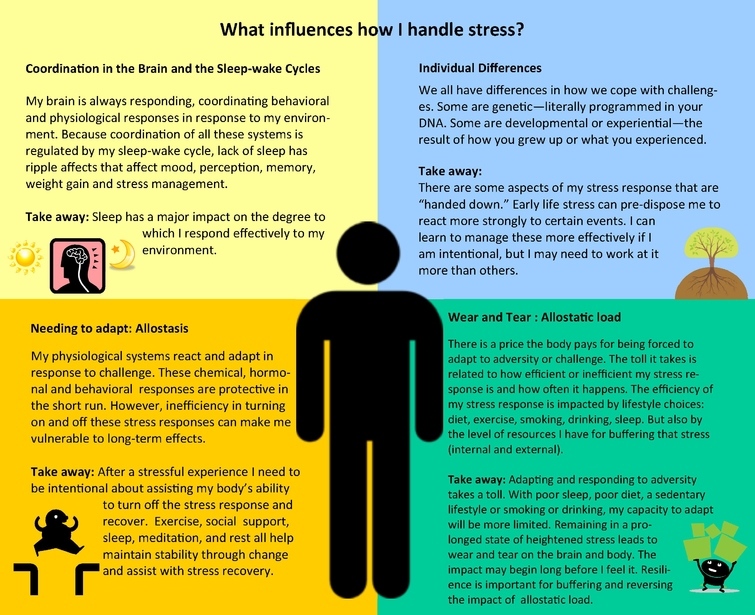 Call 1-800-799-7233 or talk with a counselor.
Call 1-800-799-7233 or talk with a counselor.
If the gaslighting happens at work, your human resources department may also offer support. Learn more about harassment, and filing a charge, from the United States Equal Employment Opportunity Commission.
You can also find out if your employer offers an Employee Assistance Program (EAP).
EAPs are voluntary, work-based programs that offer mental health assessments, counseling, and medical referrals to employees with personal, or work-related emotional well-being problems.
Gaslighting can isolate you, but you don’t need to handle it alone. Both therapists and hotline counselors can offer guidance based on your specific situation, including safety planning tips and resources to help you handle a crisis or potentially abusive situation.
Crystal Raypole has previously worked as a writer and editor for GoodTherapy. Her fields of interest include Asian languages and literature, Japanese translation, cooking, natural sciences, sex positivity, and mental health. In particular, she’s committed to helping decrease stigma around mental health issues.
In particular, she’s committed to helping decrease stigma around mental health issues.
7 Ways To Deal With Gaslighting, From A Therapist
1.
Know how to recognize when gaslighting is happening.
Gaslighting is a psychologically manipulative tactic to get a person or group of people to doubt their reality and memory. The term stems from the title of a 1938 British play called Gas Light, in which a husband repeatedly changes and alters the home environment and denies doing so when questioned by his wife about the changes. He repeatedly informs her that she is remembering things incorrectly and denying her reality, though he is intentionally changing their environment. Here is where the term comes in: He dims the gaslights in their home (while also doing things like making noises around the home), and when confronted by his wife about the noises and change in lighting, he continues to state that the lighting is the same and that he hasn't heard a thing, sewing seeds of doubt in her perception and reality.
Common gaslighting phrases:
- "You're making things up."
- "That never happened."
- "You're being dramatic."
- "You're blowing things out of proportion."
Advertisement
This ad is displayed using third party content and we do not control its accessibility features.
Another way to know when gaslighting is happening to you? Recognize the symptoms. When a person is being constantly gaslit, they start to show signs of lowered self-esteem and emotional dependence on the abuser. During a conflict where someone is gaslighting you, you may experience a range of emotions from confusion and anger to frustration and finding yourself going in argumentative circles both out loud and in your mind. This type of back-and-forth is exhausting and can affect your self-trust.
Once you can effectively recognize when gaslighting is happening in the moment, then you can start to break the cycle.
2.
Stand firm in your truth.
The goal of gaslighting is to have the receiving person doubt their perception. For the person who is doing the gaslighting, their goal may be to avoid accountability while slowly causing you to foster an emotional dependence on them. This creates immense internal confusion, which then chips away at your ability to trust yourself and your own memory.
For the person who is doing the gaslighting, their goal may be to avoid accountability while slowly causing you to foster an emotional dependence on them. This creates immense internal confusion, which then chips away at your ability to trust yourself and your own memory.
To combat this, stand firm in your truth. That means believing in yourself, your feelings, and what you know to be true. It means owning your perception (i.e., what you saw, heard, and felt). It sounds like "I know what I saw" or "Don't tell me how to feel; this is how I feel."
Find your match today with eHarmony. Free to join.
3.
Write things down.
To help you ground yourself in your own truth, it can be helpful to write things out as they are happening. Journal about your experiences, and get into the habit of reviewing your writings. Keep a record of what is happening. A journal is a great way to maintain a record of what is happening over time. This will help you feel confident about what you know to be true.
4.
Keep the conversation simple.
Know your purpose when entering the conversation. What would you like to accomplish? Resolve? What are the main points that you would like to get across?
A person who is gaslighting will blatantly lie, shift the narrative, and will minimize how you feel. Entering the conversation knowing your purpose will help you remain centered on a path versus being veered in the different directions that a gaslighting person may take you.
Advertisement
This ad is displayed using third party content and we do not control its accessibility features.
5.
Be willing to leave the conversation.
The person doing the gaslighting may also use tactics such as deflecting and minimizing. In these instances, it's important to practice self-validation and recognize when the conversation is feeling circular and unfair. Give yourself permission to leave the conversation when you start to recognize signs of your reality being denied and minimized.
Remember: The goal of the person who is gaslighting is to have you doubt your perception, so walking away before the gaslighting gets severe is a way to maintain your perception of events.
6.
Don't worry about trying to "outsmart" the gaslighter.
The best way to outsmart a gaslighter is to disengage. You can show up to the discussion with a mountain of evidence, videos, recordings, and more, and a gaslighting person will still find a way to deflect, minimize, or deny. It is more worth it to walk away with your perception intact.
Advertisement
This ad is displayed using third party content and we do not control its accessibility features.
What to say when someone is gaslighting you.
Once you start to hear the go-to gaslighting phrases coming up in the conversation, some go-to statements you can incorporate include:
- "My feelings and reality are valid. I don't appreciate you telling me that I am being too sensitive."
- "Don't tell me how to feel; this is how I feel.
 "
" - "I am allowed to explore these topics and conversations with you. Do not tell me I am being dramatic."
- "I know what I saw."
- "I will not continue this conversation if you continue to minimize what I am feeling." (Then, implement the boundary.)
Advertisement
This ad is displayed using third party content and we do not control its accessibility features.
Do gaslighters know they're gaslighting?
Gaslighting lies on a spectrum. Some gaslighters don't know they're gaslighting and are largely unaware of how their behavior is affecting the other person. But some gaslighters are very well aware of what they are doing, and it is done with intention and without remorse. Should the person engage in additional behaviors that fall under the spectrum of a narcissistic personality disorder, then the likelihood of them intentionally gaslighting you is much greater.
People who are dealing with gaslighting often wonder about the person's motives. If the gaslighter doesn't know they're gaslighting, it gives them a sense of hope. Essentially, people on the receiving end are trying to gauge how much patience they should have with their abuser. For example: Maybe if they don't know what they are doing, I can show them, and the conversation can be more productive.
If the gaslighter doesn't know they're gaslighting, it gives them a sense of hope. Essentially, people on the receiving end are trying to gauge how much patience they should have with their abuser. For example: Maybe if they don't know what they are doing, I can show them, and the conversation can be more productive.
But importantly, what would actually change if you knew what their motive was? It may help you learn to navigate the situation more skillfully (for example, if you knew that their motive was to cause doubt, then that may empower you to stand firm in your truth), but it is not necessary to know their motives in order to set boundaries.
7.
Increase your support system, and share your truth.
Psychological isolation and emotional dependence can be the goal of the person who is gaslighting you, especially if they fall under the spectrum of narcissistic personality disorder.
When we reach out to our support system to share with them our reality; what is happening; what we know; and what we've seen, witnessed, and experienced; we are further integrating our truth into our minds. The more we stay quiet and downplay our realities, the more likely it is that the seeds of doubt will grow over time.
The more we stay quiet and downplay our realities, the more likely it is that the seeds of doubt will grow over time.
Sometimes we need external validation from our support system to build our internal confidence, especially when we are victims of being gaslit. You can reduce the psychological and emotional hold that a gaslighter has on you when you share your truths with safe people.
The bottom line.
It can be very disorienting to have a conversation with a gaslighting person because it knocks you off your center and changes the path of the discussion to something that now blames you and your feelings for "blowing things out of proportion" when you are just sharing your feelings.
It is more than OK to walk away and grieve the reality that your needs in the conversation may not be met. Standing firm in your truth and leaning into your support system can help ground you back into reality. Lastly, practice self-compassion for what you are enduring in the relationship; this will help you in navigating the feelings associated with being gaslighted.
How to Protect Yourself from Relationship Gaslighting: 7 Proven Ways
83,175
Man and Woman Practices how to
Psychologists define gaslighting as a form of manipulation that a person uses to influence, deceive, and control another. The main task is to confuse the victim, to make him doubt himself. In other words, it is deliberate deception in order to gain superiority.
When this tactic is used in close relationships, without witnesses, and therefore without evidence, gaslighting becomes an extremely powerful weapon that allows the abuser to subjugate a partner and sooner or later question the reality in which he lives. But it can be prevented if you know what to look out for.
Gaslight victims
“I was a successful entrepreneur, wife, mother of two wonderful children, and we had a wonderful suburban home,” recalls Carol A. Lambert, a psychotherapist patient. “Slowly, however, I was seized with uncertainty. I began to doubt my own competence. When I was completely mired in doubt, I had no choice but to quit my thriving business. I no longer had the strength to lead him. Even now I can't explain what happened to me. I just know I'm not who I used to be anymore."
I began to doubt my own competence. When I was completely mired in doubt, I had no choice but to quit my thriving business. I no longer had the strength to lead him. Even now I can't explain what happened to me. I just know I'm not who I used to be anymore."
Since 1993, she has been leading psychological groups for women who have been in destructive relationships, according to a psychotherapist. After analyzing hundreds of stories and profiles of clients, Lambert came to the conclusion that gaslighting is perhaps the most common tactic used by abusers. The consequences of a traumatic experience - embarrassment, self-doubt, anxiety - prevent women from trusting their thoughts, judgments and perceptions, and therefore do not allow them to defend themselves.
How to spot a gaslighter
The partner who uses this method to gain control over you constantly shifts the focus to their needs, doubts and feelings. Everything else he avoids, discounts your feelings, ignores your words, or simply changes the subject. Gaslighting is a set of tactics that can seriously affect the victim's perception of reality. Gaslighter usually:
Gaslighting is a set of tactics that can seriously affect the victim's perception of reality. Gaslighter usually:
- Humiliates. When a conflict or disagreement begins, he categorically declares: "You are wrong." Or: "You're stupid, you don't understand."
- Hides information, withholds facts that are not to his advantage.
- Blames. Everything that went wrong is always your fault - it is important for him to remain impeccable.
- Rewrites history, denies, lies, distorts facts and manipulates you. For example, it can remind you of an event from the past, changing the details, and claim that everything was exactly the way it was.
- Denies partner's feelings and doubts. If you say that you feel bad in a relationship, he will answer that you are too sensitive and take everything to heart. No matter what is discussed, the gaslighter will not listen, much less admit that you are right.
- Accuses unfairly.
 Quite often he says: “you never listen to me”, “you always think that you are right”, “everything should always be your way”. Convincing a gaslighter that these allegations are unfair is unrealistic. These attacks capture the essence of what the gaslighter himself does.
Quite often he says: “you never listen to me”, “you always think that you are right”, “everything should always be your way”. Convincing a gaslighter that these allegations are unfair is unrealistic. These attacks capture the essence of what the gaslighter himself does. - Isolates the partner. So the gaslighter does not have to worry that someone from the environment will undermine his authority by supporting his partner.
- Claims that the partner has gone crazy. He repeats those words again.
He distorts events and denies the real course of things so that his point of view remains the only true one.
7 Ways to Protect Yourself
The main goal of a partner who resorts to any kind of violence is to make you doubt your own perception of the world, which, in turn, will allow you to control. The following techniques can help when interacting with a gaslighter:
- Stick to the facts. When you are being lied to and the meaning of your words is distorted in order to accuse you, determine what you think is the truth and stick to it.
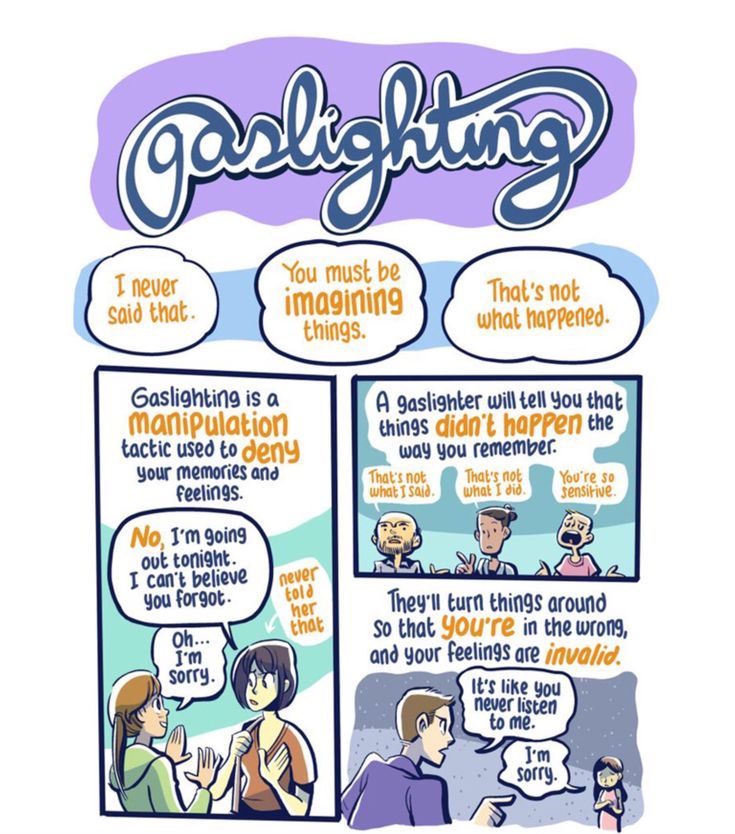 This will help you overcome your doubts and keep your feet on the ground, even when the gaslighter attacks.
This will help you overcome your doubts and keep your feet on the ground, even when the gaslighter attacks. - Pause and think. This will help you resist attempts to influence you. When you live with someone who constantly tries to subdue you, before answering him, say: "I'll think about it." This way you can regain self-control.
- Don't say he's lying. If you really want to speak out, just explain that you have a different point of view and you do not agree with it. Or emphasize that you remember what happened a little differently and trust your memory.
- Don't let yourself be blamed. When faced with twisting the truth to make you feel guilty, declare that you will not allow yourself to be blamed. Once you say it out loud, it will become easier for you to stick to your own point of view.
- State your doubts directly. If he responds defensively, talking about you, or changing the topic of conversation, say that you can discuss this later, but now we need to talk about what is bothering you.
 Remind yourself again what interests you. If more attacks follow or the gaslighter tries to evade, say that in this case the conversation is over.
Remind yourself again what interests you. If more attacks follow or the gaslighter tries to evade, say that in this case the conversation is over. - Let the gaslighter know you recognize his tactics. Please indicate what makes communication difficult. You can also say that you have decided not to engage in such dialogues anymore.
- Surrender to avoid attacks. It's okay to choose this path, the main thing is to remain your own opinion and be clear that you do not agree with the abuser and just want to avoid confrontations.
Carol A. Lambert believes that the more you respond to a gaslighter in this way, the sooner you'll be able to signal that you can't be influenced. This will give you strength. If you stick to your own point of view and trust your perception of reality, you will be in a strong position from which you can observe how your partner behaves.
Some eventually stop defending and attacking and start listening to you. When you are confident in yourself, you can not only stand up for yourself, but also allow your partner to develop, of course, only if he is really capable of it.
When you are confident in yourself, you can not only stand up for yourself, but also allow your partner to develop, of course, only if he is really capable of it.
About the Author
Carol A. Lambert is a psychotherapist and social worker, author of Women and Their Controlling Partners and Abusive Relationships. Abusive men." Her website.
Text: Pauline Franke Photo Source: Getty Images
New on the site
How to toast: 6 universal rules - practice at home
Coaching and psychotherapy: 5 main differences
Test: What takes away your energy?
“Men use me all the time – for sex, work or heart to heart talk”
The art of gracefully avoiding uncomfortable questions: how to master it
Correct eye movements, the influence of the brain on activity and the treatment of depression: 5 recent discoveries in sports psychology
False myopia: what it is and how it is treated
"Time to get a dog!": what you need to know before getting a pet - weigh the pros and cons
7 gaslighting techniques.
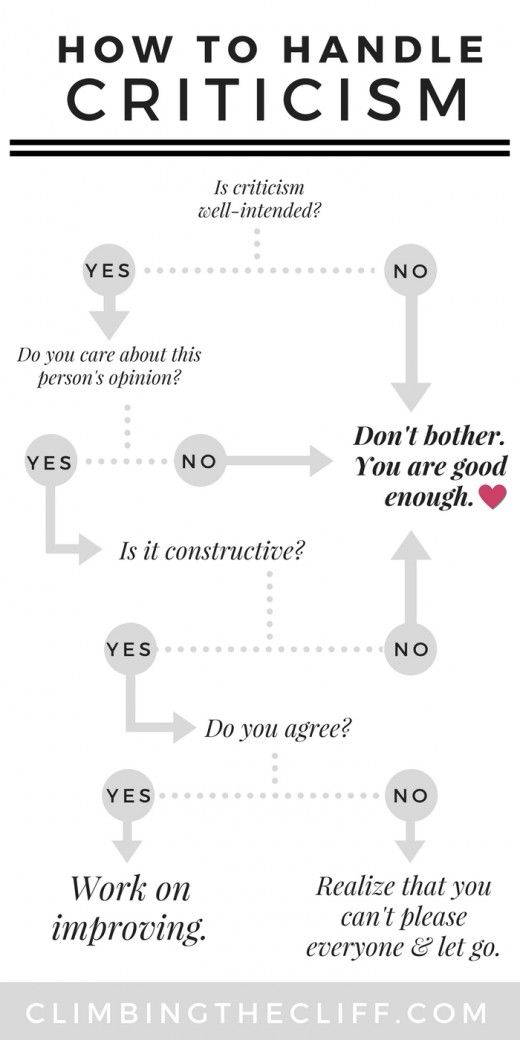 How not to fall into the trap.
How not to fall into the trap. Enroll
May 14, 2021 read 2-3 minutes
If you often feel guilty, wrong, constantly making excuses, worrying, and stressed out, chances are you are a victim of a gaslighter.
A gaslighter is an immature person, unable to take responsibility for his mistakes and unable to deal with his aggression in an environmentally friendly manner.
The main way of existence in the relationship of such a person is to transfer the cause of his failures to a partner and parasitize on his attachment and guilt.
The goal of the gaslighter is to suppress and subjugate the victim, to make him believe in the imposed picture of the world, to get non-mental and material resources.
Favorite gaslighting tricks:
- Reduce the victim's self-esteem. Here, personal qualities come into play, which are displayed with a minus sign. Everything that cannot be objectively assessed is used:
- Devalue feelings: “You are exaggerating.
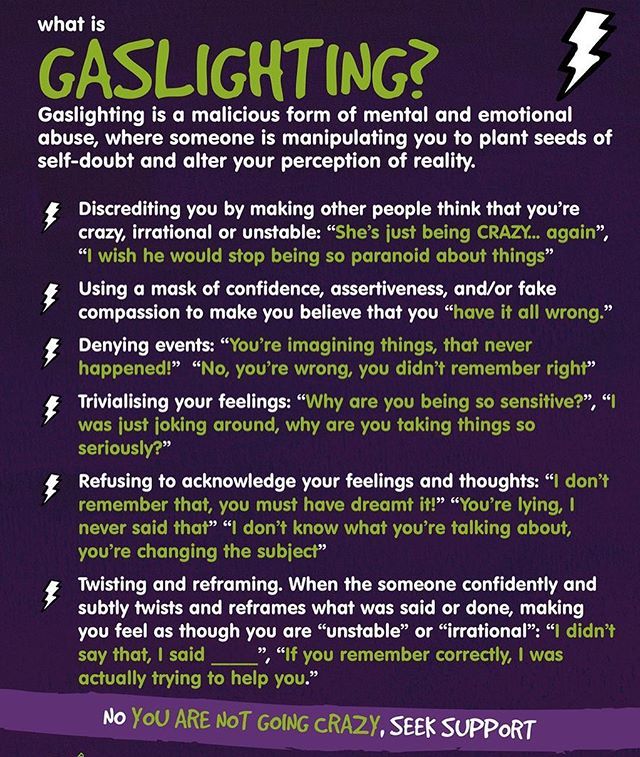 There is nothing to worry about here. Nothing bad happened. You have misunderstood it".
There is nothing to worry about here. Nothing bad happened. You have misunderstood it". - Make you feel guilty: "You're ruining everything! If not for you, everything would be fine! It's always wrong with you!"
- Denial, concealment of information: "I couldn't say that! It wasn't! Do not cling to trifles!
- Isolation of the object: so that you are not convinced that everything is fine with you, he will set you up against everyone in order to completely control: “What kind of friend is she to you? She's jealous of you! They're laughing at you all the time!"
- Denial of self-criticism (criticism addressed to oneself): a violent, often inadequate reaction to any criticism.
- Projecting one's own shortcomings as a sacrifice - self-centeredness: "You never listen to me!", "You only think about yourself!" etc.
mind: “You are stupid! What a fool! You have jelly instead of brains!"
appearance: “Look at yourself! What did you put on yourself! You look ridiculous!"
actions: “What an idiotic act! You're acting like a hysteric!" ⠀
What to do if you recognize yourself as a victim?
- The most cardinal and effective way is to break any relationship.
 It seems like a hard decision, but in the end, life will become much easier.
It seems like a hard decision, but in the end, life will become much easier. - If you are not ready to part yet, try to keep in touch with as many of your friends, relatives, colleagues as possible - their feedback will support your critical thinking and will not allow you to completely believe in your worthlessness.
- Entering a confrontation with a gaslighter - here you have to stock up on strength and uncompromisingness. Confidently defend your position, backed up with facts. The phrases will be saving: “I have my own opinion on this issue”, “There is irrefutable evidence for this”, “Think how you want”.
- Directly give feedback - “You are now doing this (trying to make me feel guilty / devaluing my feelings / criticizing me, etc.). Perhaps you are using these levers to shift your problems onto me?"
Often we ourselves unconsciously use gaslighting techniques in our lives, because this is an inherent way of children's unformed protection - projections. When we have few resources and do not want to enter into discussions, we can throw phrases like “Yes, you didn’t understand anything”, “Why are you winding yourself up”, “It doesn’t matter” to our relatives and friends. Thus, we prove our subjective point of view as the only correct one. But when this happens on a regular basis, communication becomes unpleasant, toxic and can turn into real abuse.
When we have few resources and do not want to enter into discussions, we can throw phrases like “Yes, you didn’t understand anything”, “Why are you winding yourself up”, “It doesn’t matter” to our relatives and friends. Thus, we prove our subjective point of view as the only correct one. But when this happens on a regular basis, communication becomes unpleasant, toxic and can turn into real abuse.
Be attentive to yourself, your feelings and do not miss the turning point by turning to friends, relatives or professionals for help in time.
Psychologist Psychotherapist
Related Articles
Coping with Anxiety During the Pandemic
Over the past two covid years, we have mastered different ways of escaping reality. Some are harmless, others lead to rehab. Tatler figured out how not to miss the right turn.
Read article
When is it harmful to dream?
Text provided incomplete. You can read the entire article on FORM - SBER EAPTEKI's blog. Some people are immersed in the artificial world. One American psychotherapist gave this a name - "obsessive dreams." Here's what's important to know about them.
You can read the entire article on FORM - SBER EAPTEKI's blog. Some people are immersed in the artificial world. One American psychotherapist gave this a name - "obsessive dreams." Here's what's important to know about them.
What if the child has gained a lot of weight?
Text provided incomplete. You can read the entire article on FORM - SBER EAPTEKI's blog. We tell you how to understand that a child is overweight, which doctors can help and how to be parents.
Read article
The whole truth about adaptogens
Text not fully provided. You can read the entire article on FORM - SBER EAPTEKI's blog. Stress, fatigue, emotional instability and restless sleep are frequent human companions. Often the gaze in this case falls on adaptogens. We understand what it is, whether they are effective and whether they can be replaced.
Neurologist Meshcheryakova named serious diseases that can be cured with Botox to get rid of wrinkles. But that's not the case at all.
Read article
Junk collecting and 7 other early signs of memory and thinking decline
Every year, 10 million people in the world are diagnosed with cognitive disorders, which can then develop into dementia. Most often - in Alzheimer's disease, for which there is no cure. How not to miss the moment when everything is just beginning?
Read articleOther articles by this author
What to do if a person feels bad: a tactic that will save a life
A passer-by became ill. Or he fell and hit hard. Or suffocate. Few people know how to act in such a situation. In order to make it easier to superhero, we talked to a large number of experts and compiled a first aid guide for people in any incomprehensible situation.
Midlife crisis: how to recognize and survive
Text not fully provided. You can read the entire article on RBC Style. After thirty, according to statistics, a midlife crisis threatens almost every second. Together with a psychologist, we figure out how to identify the symptoms of this emotional state, as well as help to survive it - to ourselves and others.
Read article
Infertility and psychology
Speaking about infertility within the framework of the psychosomatic approach, we cannot ignore the topic of mistrust.
Read article
Postpartum depression. How to get rid?
When we talk about depression, we mean a mental illness that only a psychiatrist can diagnose. A psychologist can only suspect depression and refer the patient to a psychiatrist for examination.
